If you look for a pothole, you will find a pothole

I remember a few years ago on a winter training spin one of the lads in the group mentioning that he had punctured 23 times so far that winter, and it was only December. He had changed tyres and tubes and even wheels at that stage. Two weeks later I was reminded of the conversation when in the midst of a group of over forty riders one rider managed to hit a pothole with both wheels and puncture both at the same time. It just so happened that the pothole managed to bring the total to 25 and it was still December. I stopped to help and the first words that I heard were ‘Sure if I didn’t have bad luck I would have no luck at all’, and it struck me like a lightening bolt what the problem was. He was fully expecting to puncture every time he went out on the bike and his expectations were coming true. I wondered if I should start expecting to win the lotto, but sadly it doesn’t work that way.
One example given in a school economics class has stayed with me ever since. I don’t remember the context but I remember the teacher telling us that when he was thinking of changing his car for a Renault 5 that everywhere he went he saw Renault 5’s. There is so much to see and take in all around us everyday that our brains can only process a small amount, so we tend to see just what we are focussing upon. Renault 5’s are always there but if we are looking for Volkswagon golfs we will see more of them than Renaults. When we look at the world around us we are only actually seeing a very small part that we are interested in, and that we are thinking about.
On a bike those who expect to puncture tend to puncture more often than those who don’t. Those who expect to crash tend to crash more than those who don’t, and those who expect to win races win more races than those who don’t.
One day recently I was on a back road when a privately owned gravel truck came bombing towards me in the middle of the road and never even attempted to slow down or pull in a little. From that point on the rest of my spin was to be spent thinking about all that could have happened and how close it was. The truck was long gone but I was still bringing it with me and my enjoyable spin on the bike was not so enjoyable after all. I needed to let it go but I couldn’t. What should I do? (someone is already typing that I should get his number and ring the guards, but aside from that…) In order to enjoy the rest of my spin, and not let someone who did not deserve it to be given the power to sabotage my enjoyment, I needed to focus on what I was feeling about what had happened, rather than about what had happened itself and what I should have done. As soon as I shifted my thinking to acknowledging that I was angry and annoyed it was like letting go of a stick that I was holding on to in a flowing river. I could still see it but it was gradually drifting away until it soon became insignificant again and I was able to get on with enjoying the rest of my spin.
Sometimes going really hard on a climb can give you a deeper insight than everyday life into how your brain actually works.
When you reach a point where you feel that you are almost done, the way that you think decides the next thing that will happen. Tell yourself that you are empty and weak, and that’s it, you start pedalling squares and get dropped. But tell yourself that all those previous hours, days and weeks of training have made you strong and prepared you for just this type of pain and you will hang on. Maybe not all the way to the top but a whole lot longer than when you have the opposite thing going through your mind.
What you tell yourself and the way that you speak can have a huge effect on how things work out for you and no place better illustrates this than raising children. Tell them that they are good and expect them to be good and they become good, tell them that they are bold and expect them to be bold and they act bold.
The best example of how a parents words to a child have a long lasting effect is another memory from my childhood :
I was sitting on a wall beside a filling station in Ardfinnan on a summer afternoon eating golly bar ice creams with my friend when his mother came out and started chatting to us. We were talking about what we wanted to be when we grew up (some would say that we haven’t managed that part yet) and then I remember her telling her son that of course he could be anything he wanted to be because he was a winner and winners can do anything. Then she asked him – ‘What are you Mehall? and he replied – ‘I’m a winner Mam.’ His chest went out when he said the words and even my own chest went out a little being around that kind of talk. The proof of just how effective this positive affirmative way of speaking to her son was seen many times over in the years that followed, an example of which can be seen in the picture below :

If you want enjoy your time on the bike, expect to enjoy it. If you want to get better, expect to get better and if you just want to be happy, expect to be happy.
Barry

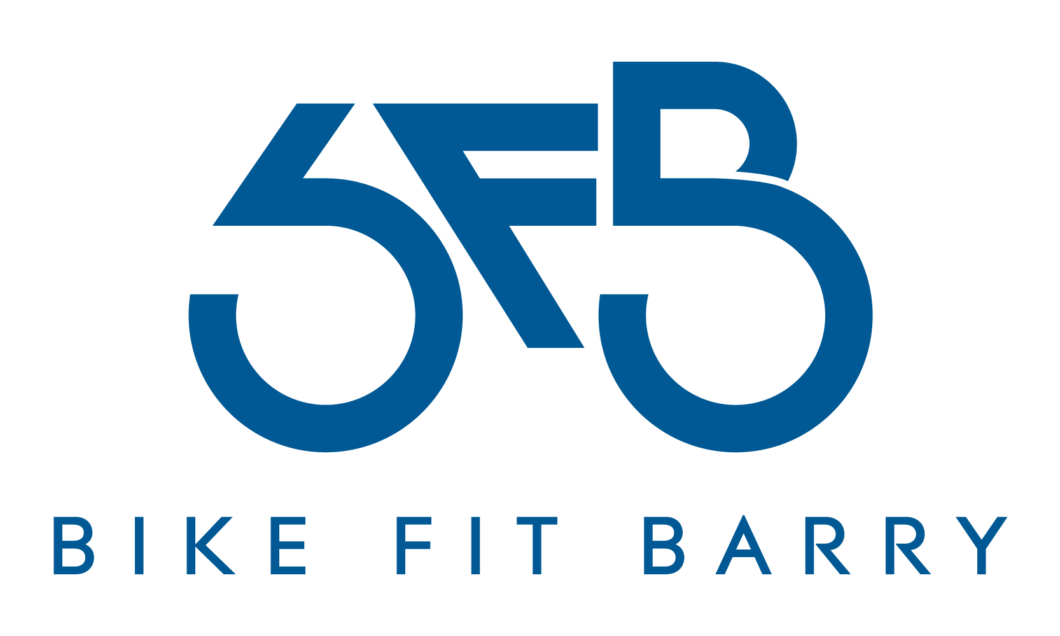
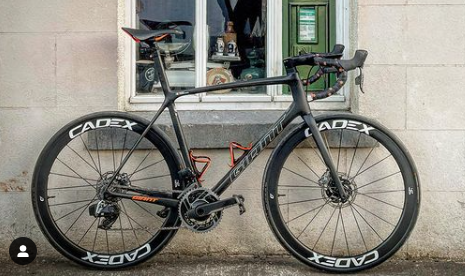
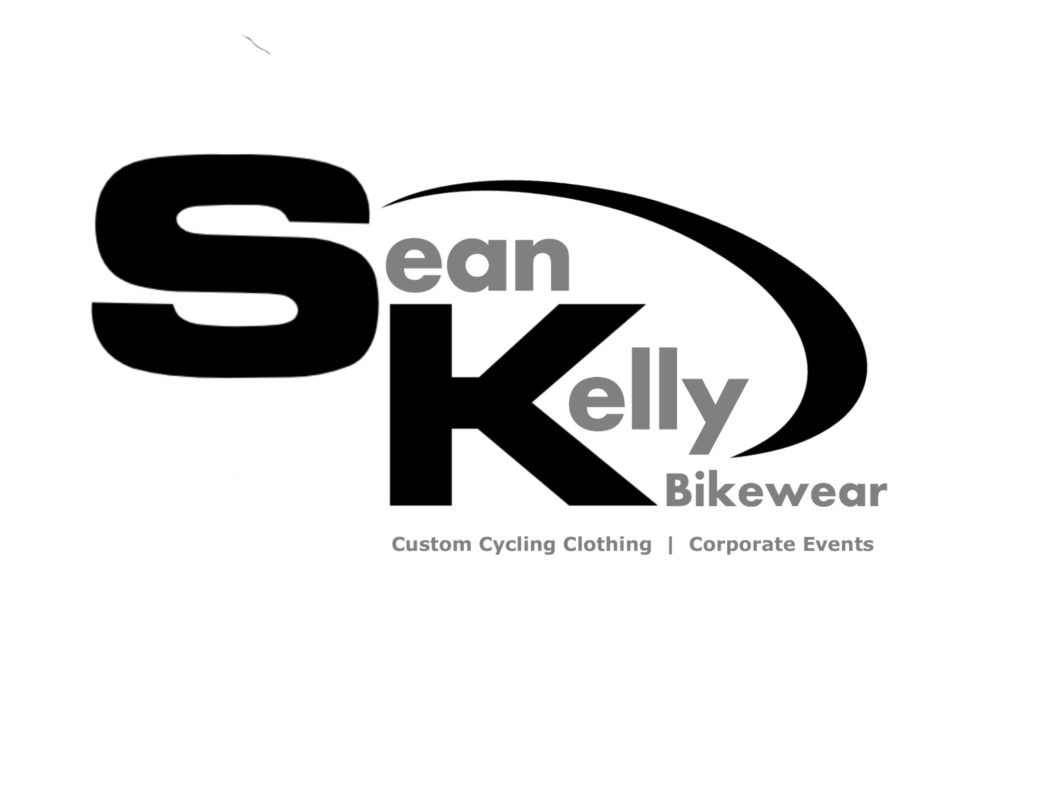
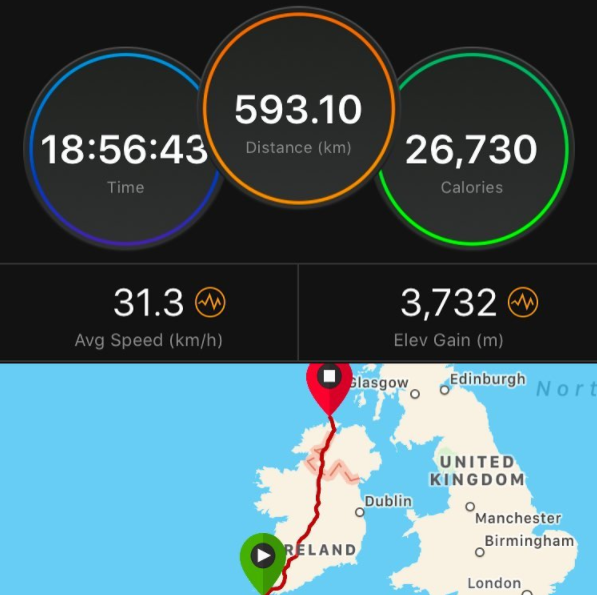
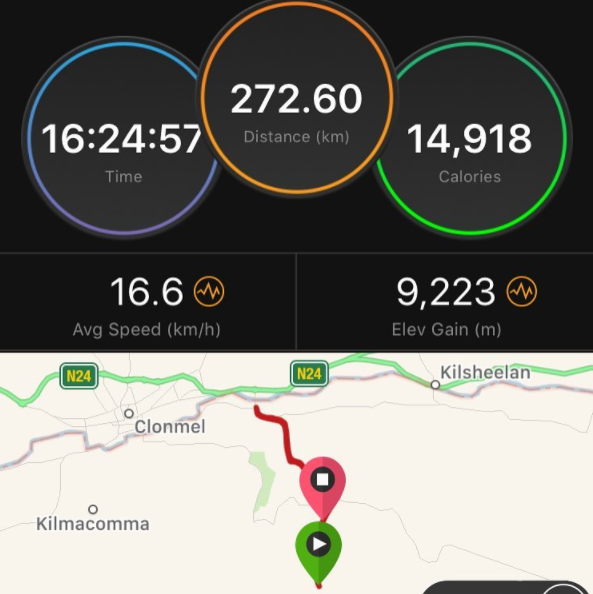
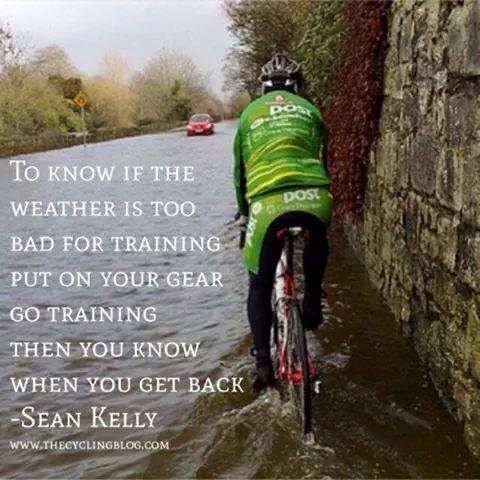
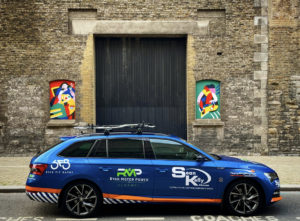
1 COMMENT
Kawser Ahmed
A nice title and the ending advice is extraordinary.
Thanks for the post, Barry!